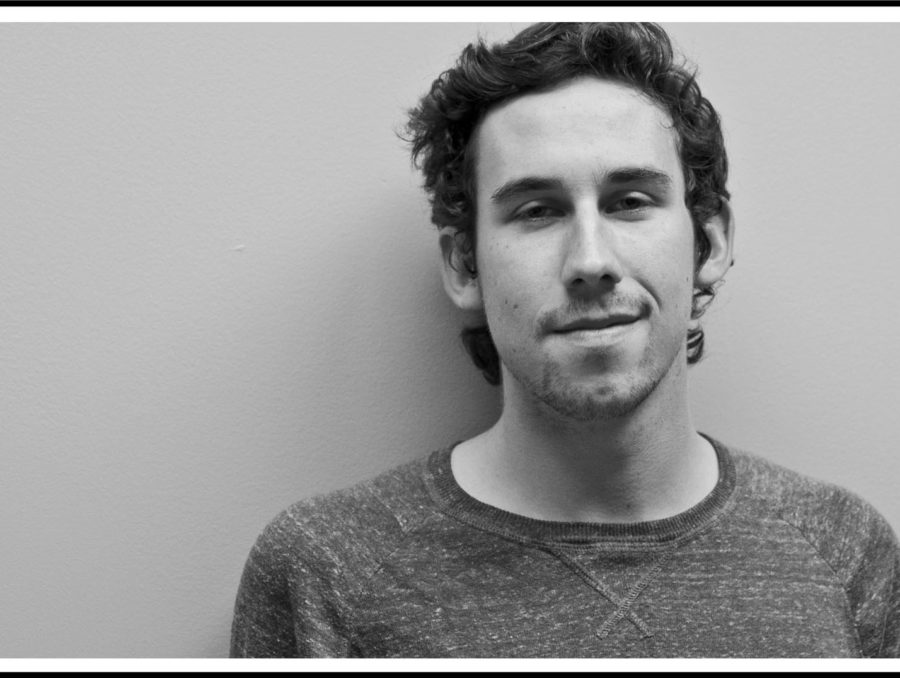I was sandwiched between a Maoist and a jester on pogo-stick stilts. Durkheim, Bakunin, and Robert Dahl were jockeying for center stage in my mind’s eye. Plastic barrels and other makeshift percussion instruments were lending a steady tempo to the otherwise scattershot group. And as I lifted my hands to cup them in megaphone form around my lips, preparing to answer the call of “People over profit!” with “Occupy Chicago!” I started laughing hysterically. “Hold on everybody, just wait up a second….If the people over-profit, then shouldn’t we be protesting their greed?” I just couldn’t go on trading phrases with Guy Fawkes on my left and someone who clearly came solely to represent the “Legalize It” coterie on my right.
But it was the choice of chants, more than the absurd collection of “wacky leftists,” that struck me the most. Quite often these chants are used to clarify the demonstration’s process (What do we want? Well, here, this is exactly what we want and when we want it). Obviously “People over profit” and “We are the 99%” are not quite so specific. But while this fact is usually used as a criticism of the movement, I believe it is precisely what vindicates this protest.
While I believe neither I nor anyone else is in a position to proclaim what this movement is “all about,” it’s safe to say that it’s about more than policy proposals. This movement represents such a fundamental claim to the innate dignity of all men and women that it is all but impossible to condense it onto a piece of poster board. I think that fact is beautiful. It is unfair to demand that people neatly package their frustration with a ribbon and bow and an “Attention: U.S. Congress” note. This is the raw expression of a total refusal to acquiesce.
Yet this trait also makes the direction of this movement almost impossible to predict. My question is: When can people start going home? When will this enigmatic demand be met? Or, more fatalistically, when will the dream die? The Tea Party was so successful because it was able to raise massive sums of money, back candidates, and push policies into legislation. But Occupy is not the opposite of the Tea Party; it is not the answer from the left. The Tea Party was built to function within the system. It had clear demands that happened to coincide almost exactly with the obvious desires of big business: deregulation, less government, etc. It was almost too perfect to be spontaneous. But Occupy is fundamentally different. Its problem is the system.
While the Tea Party’s strength could be found at the ballot box (or the threat of it), I wonder if Occupy’s most interesting advantage may be the complete negation of the ballot box: refusing to vote. If the signature characteristic of Occupy has been civil disobedience, then isn’t refusing to vote an extreme but logically consistent example? When you’re voting, you are quite conspicuously not rebelling. You are legitimizing the very system so many Occupiers seem to be fed up with.
There is, of course, an obvious counterargument: If Occupy people don’t vote, then the Republicans will win every seat, the oceans will explode, all the Occupiers’ demands will be ridiculed, and the world will devolve into chaos. But imagine if all the Occupy supporters refuse to vote! Sure, Republicans would probably sweep into office (while Occupy is technically non-partisan, we can safely assume most of its participants tend to vote Democrat), but imagine what a profound statement it would be if millions of people refused to vote. To accept this argument you have to answer a fundamental question: Is a Democrat-controlled government significantly better than a Republican-controlled government? I contend that regardless of regime, the trend of increasing economic inequality will continue unless the entire system is subjected to a massive external shock. If you agree, then at least for the sake of the principles brought into question by this movement (i.e. the perceived marriage of our government to big business), you should be willing to allow Republicans to win office in order to make a profound statement.
Now, there is also the possibility that silence can be regarded as complicit agreement, as acquiescence. But this interpretation can be prevented if voting is replaced with another form of civic participation: demonstration. In order to effect any influence, the people would, in addition to mass abstention from voting, have to make clear exactly their reasons for doing so: refusal to legitimize the co-option of our American democracy by private, concentrated interests.
Let’s also take an extreme example of this civil disobedience. Imagine if on Election Day, everyone sympathetic to the Occupy movement took to the streets instead of voting. Imagine a crisp November afternoon, the day that is supposed to represent the perfection of American democracy, but instead millions are on the streets expressing their intense anger with the system. This would surely shock the status quo of political discourse. The outcome is obviously uncertain, but ideally it would involve a break from our non-choice between rightwing and center-right political parties.
Obviously the practical implications of a massive refusal to vote are far too convoluted and intricate for me to deal with appropriately in this column. That is why I am not yet endorsing this course of action, but rather entertaining a compelling thought experiment—a thought experiment that leads me to an exciting conclusion: If the Occupy movement seeks to shake up the American political consciousness, it may have to call into question the very institution which has for centuries lent its thus far uncontested dignity.
Colin Bradley is a second-year in the College majoring in Law, Letters, and Society.









